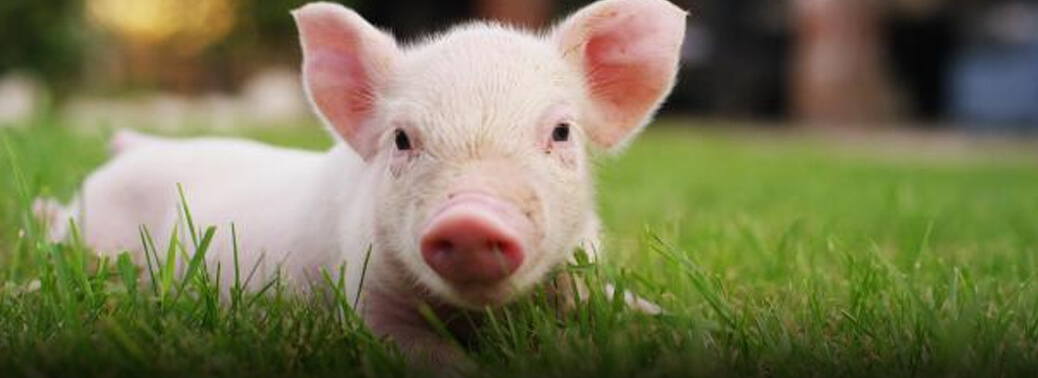SCIENTISTS REVIVE A FLICKER OF ACTIVITY IN BRAINS OF DEAD PIGS
18, Apr 2019

Prelims level : Science &Technology
Mains level : GS-III Technology, Economic Development, Bio diversity, Environment, Security and Disaster Management
Why in News:
- Yale University scientists have succeeded in restoring basic cellular activity in pigs’ brains hours after their deaths in a finding that may one day lead to advances in treating human stroke and brain injuries, researchers reported on Wednesday.
Details:
- The scientists emphasised that their work did not even come close to reawakening consciousness in the disembodied pig brains.
- Still, the study raises a host of bioethical issues, including questions about the very definition of brain death and potential consequences for protocols related to organ donation.
- The research grew out of efforts to enhance the study of brain development, disorders and evolution. The main practical application is the
- prospect of allowing scientists to analyze whole brain specimens of large mammals in three dimensions, rather than through studies confined to small tissue samples, Yale said.
- Results of the experiment, to be published on Thursday in the journal Nature, run contrary to long-accepted principles of brain death, which hold that vital cellular activity ceases irreversibly seconds or minutes after oxygen and blood flow are cut off.
- The limited rejuvenation of circulatory function and cellular metabolism in pig brains, which were harvested from animals slaughtered at a meat-packing plant, was achieved four hours after death by infusing the brains with a special chemical solution designed to preserve the tissue.
Not a ‘LIVING BRAIN’
- Scientists stressed, however, that the treated brains still lacked any detectable signs of organized electrical activity associated with perception, awareness or consciousness. “Clinically defined, this is not a living brain, but it is a cellularly active brain,”
- While the study offers no immediate therapeutic benefits for humans, it creates a new research platform that may ultimately help doctors find ways to revive brain function in stroke patients or to test new treatments for restoring brain cells damaged by injury, the authors said. In the meantime, the research could spark new quandaries surrounding the determination of death itself, widely defined by one measure as the irreversible loss of all brain function. The blurring of that line has implications in turn for deciding when doctors are ethically bound to go from preserving a patient’s life to preserving their organs.






